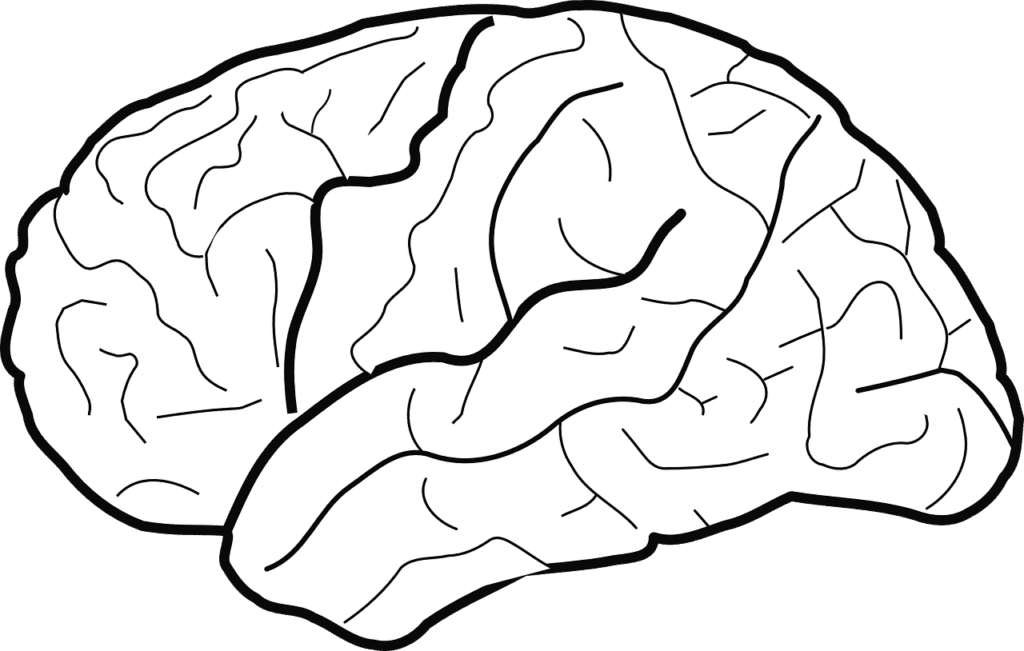As the medical field continues to advance, treatments are becoming less and less “traditional” because researchers are uncovering unique ways to combat illnesses. Therapies range from pills, to surgery, to intravenous infusions and a wide array of things in-between. Of course, before each unique therapy comes to the market, it must go through a clinical trial to ensure its safety and efficacy. Therefore, having patients willing to participate in clinical trials is a critical part of the process. How do we determine if patients are willing to participate? We ask them.
It seems like common sense, but too often patients are excluded from the planning process of research, leading to an extended research timeline. Of course, the longer it takes novel treatments to get to the market, the longer it takes patients to actually receive these potentially life-altering therapies. It’s a problem with a simple solution, but only if we make it a priority.
Researchers at the University of Pennsylvania’s Perelman School of Medicine recently conducted a survey for Huntington’s disease (HD) patients to share their opinions about various aspects of clinical trials. Studies like this are an important step in combating the problem.
The Study
This study was facilitated utilizing an anonymous survey. 87 participants were surveyed in total. These included 36 individuals who had a HD diagnosis, 33 asymptomatic genetic carriers of HD, and 18 pre-manifesting carriers. By evaluating the attitudes of patients at various stages of disease, the researchers hoped to gain a more comprehensive view of what patients value and what their treatment goals are.
The questions included hypothetical scenarios with multiple choice rating scales. Patients could answer “not likely” to “very likely.”
Question topics included-
- Likelihood of participating in different types of trials (trials that had a higher burden in terms of travel, trials investigating different types of treatment administration, trials that include a higher risk but also a potentially higher reward, etc.)
- Willingness to enroll in a trial dependent on personal treatment goals (finding a cure, slowing progression, helping future patients)
- Perception of the motivations of researchers
This study was published in the Journal of Huntington’s Disease.
Results
Results we divided by disease-status. However, the majority of patients across all groups indicated that they were likely, or very likely to enroll in a clinical trial. This response remained the same regardless of the trial design or the specific goals of the therapy being investigated. That said, those who were HD carriers but had not yet developed symptoms had the most favorable responses of any group.
Across all participants, trials that included procedures that were more invasive or trials that included a placebo group were viewed as less favorable.
With a greater understanding of patient attitudes, researchers can begin to amend their trial design to better serve the patient populations they aim to help. For instance, while placebo trials can be necessary, a simple revision could be allowing patients in the placebo group to receive the active treatment after the trials completion.
Researcher have the power to improve patient-centricity, we just need to make it a priority.
Conclusions
Researchers can now use this survey information to design clinical trials that are more likely to enroll participants. They can also work to ensure that the treatments being tested are forms of therapy that patients would actually desire. The results are valuable not only for HD patients but for all patient populations because generalizations can be extrapolated for other clinical trials. That said, specific evaluations for unique patient populations will of course provide the most accurate view of patient perceptions and values.
Ultimately, patient-centered trials are essential. Not only will they ensure that patients will enroll, they will ensure that the types of trials being conducted are for the forms of treatment that patients would value most.
You can read more about this study here.






